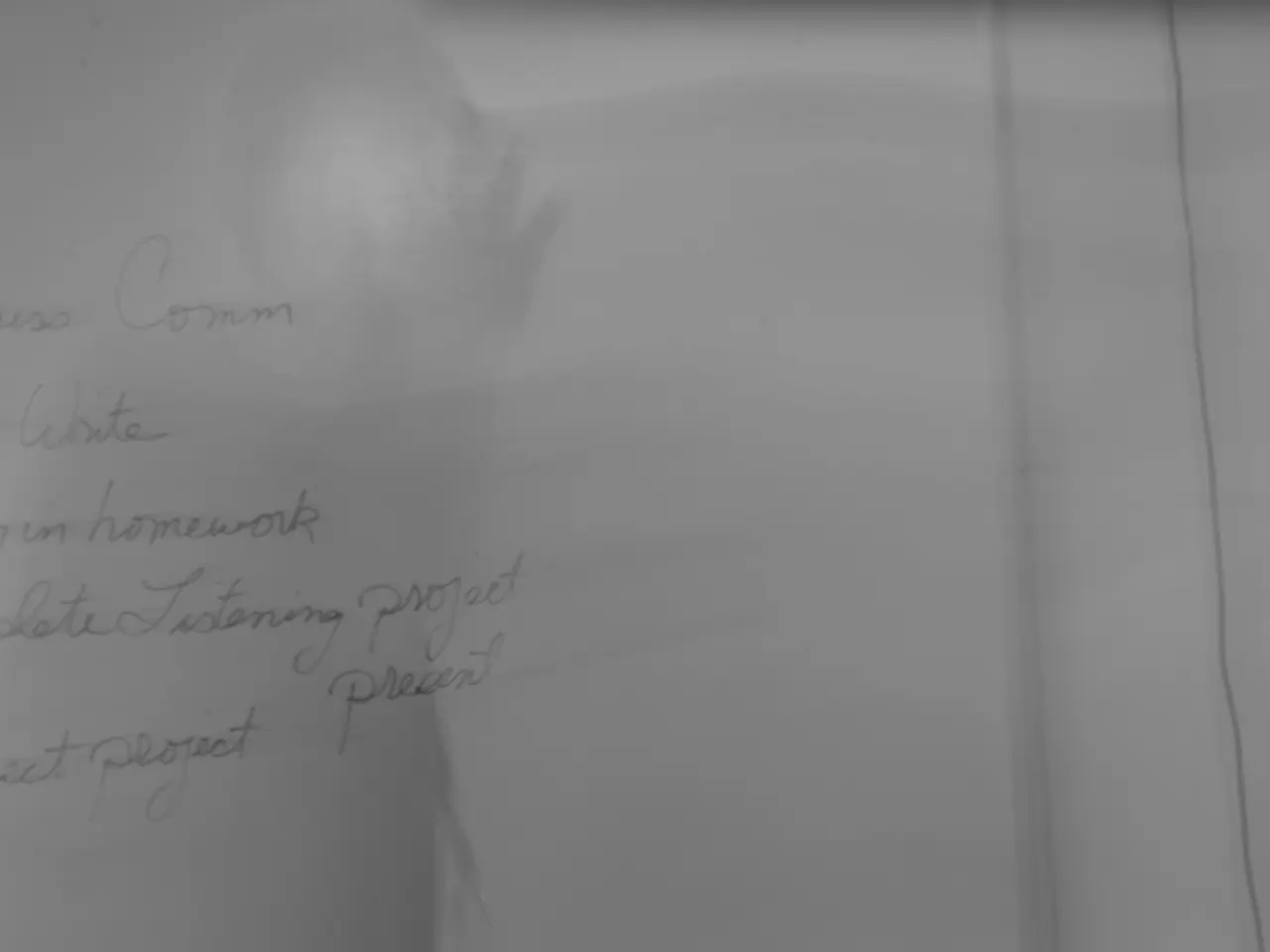Five Potential Obstacles Preventing You from Decluttering and Strategies to Conquer Your Particular Hindrance
Decluttering a home can be a daunting task, but it doesn't have to be. Many people struggle with letting go of items due to various emotional, psychological, and practical challenges. Here are some common reasons for struggling with decluttering and strategies to overcome them.
Common Reasons for Struggling with Decluttering
- Emotional Attachment: Many people find it hard to part with items that hold sentimental value or remind them of the past.
- Mental Overwhelm: The sheer amount of clutter can be overwhelming, causing mental stress and making it difficult to start decluttering.
- Scarcity Mindset and Perfectionism: Fear of not needing an item later or striving for perfect organization can hinder progress.
- Lack of Time and Prioritization: Believing there is not enough time can be a significant barrier. However, it often comes down to prioritizing tasks and adjusting daily habits.
- Trauma and Modeling: Growing up in environments with clutter can normalize it, making it hard to change habits later in life.
Another common reason for difficulty in decluttering might be the holding pattern of saving items for an idealized future self. Additionally, the burden of inheritance, which isn't about sentimental items but rather the emotional obligation tied to an object, can also be an obstacle.
Strategies to Overcome Decluttering Roadblocks
- Set Realistic Goals: Start with small, achievable goals, like decluttering one area at a time. This helps build momentum and confidence.
- Seek Support: Talk to friends, family, or a professional counselor for emotional support, especially if trauma is involved.
- Gradual Approaches: Use methods like the "outbox" technique, where items are placed in a designated area for later decision-making. This can help manage clutter systematically.
- Practice Mindfulness and Reflection: Consider why you are keeping an item and reflect on whether it truly serves a purpose or brings joy.
- Change Habits: Identify and change unhelpful habits, such as buying too much or not organizing purchases immediately.
By addressing these challenges head-on and implementing strategies tailored to individual needs, people can overcome common decluttering obstacles and maintain a more organized living space.
Tips and Resources
- The 20/20 decluttering rule is a solution to the fear of regret. If an item can be replaced for £20 or less, and in 20 minutes or less, it should be considered for letting go, and one should be honest about how often the item is actually used.
- To overcome the hurdle of not knowing how to dispose of items properly, break down the task into categories and research disposal methods for each.
- Janelle Azar, founder of A Meaningful Space, suggests honoring the person, not the thing, by selecting one or two meaningful items and offering them to another family member.
- Azar also advises reframing the loss as recouping space, peace of mind, and mental energy when dealing with the sunk cost burden.
- If the deceased would not want you to be burdened by inherited items that hold no personal significance or joy, consider letting go of them.
- The books "The Home Reset" by Karissa Barker, "Motivational Decluttering" by Sunny Meridian, "Making Space, Clutter Free" by Tracy McCubbin offer advice on tidying, decluttering, and organizing your living space.
- Making a decluttering schedule can be a game-changer in managing the task effectively.
By following these tips and strategies, decluttering your home can become a more manageable and rewarding process.
- Decluttering a living room with a minimalist design can bring a sense of peace and tranquility, making it easier to let go of items that no longer serve a purpose.
- Choosing tiles of a neutral color and textured finish for the bathroom and kitchen can contribute to the overall minimalist aesthetic and make clutter less noticeable.
- Incorporating art and decor that complements the minimalist lifestyle can add a touch of personality to a decluttered space.
- Home-improvement projects aimed at decluttering and re-organizing spaces can be trends, reflecting the growing emphasis on mental well-being in interior design.
- A decluttered home can positively impact one's lifestyle, as a clean living space can help promote focus, efficiency, and relaxation.
- Websites dedicated to home-and-garden improvement often provide useful advice on decluttering, tidying, and organizing strategies.
- Decluttering might require a shift in purchasing habits, such as only buying items that are truly necessary and immediately organizing new purchases to maintain a clutter-free living space.




